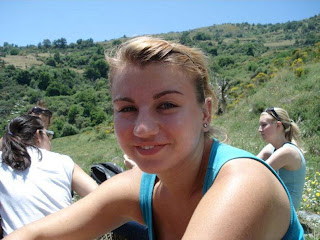Opportunity for College Seniors
by Ann Abbott One of my former students, Sandra Mazuera, was involved in this program so I feel very recommending it to all my students and all my students to this selective program. See message below: Hi Professor Abbott, Thank you again for your help spreading the word about the MATCH Corps this fall! To refresh your memory, The MATCH Corps is a highly selective one-year fellowship program that allows recent grads to tutor inner-city kids in Boston for a year. After the year, fellows usually go on to top grad schools, work in public policy, or become full-time teachers in inner city schools. I just wanted to check in and see if you have any students or recent grads you’d like to nominate for the 2012-2013 cohort. We are still accepting applications! Please feel free to pass the following blurb along to any students who might be interested. Students are welcome to contact me directly for more information. Happy holidays! Colin Bottles, D...














